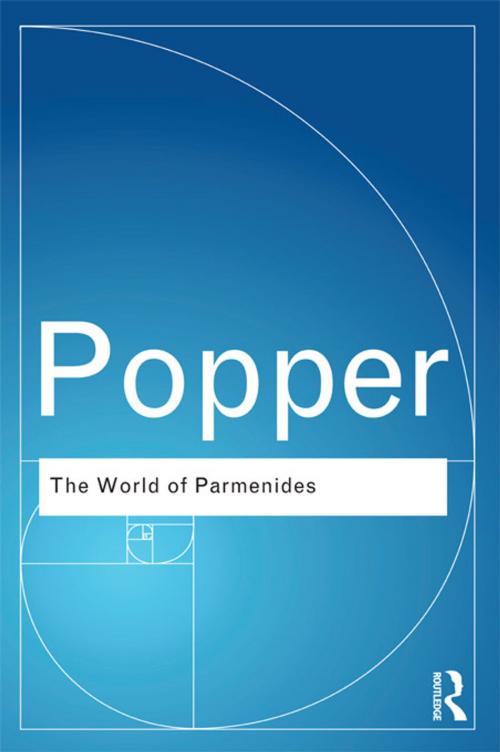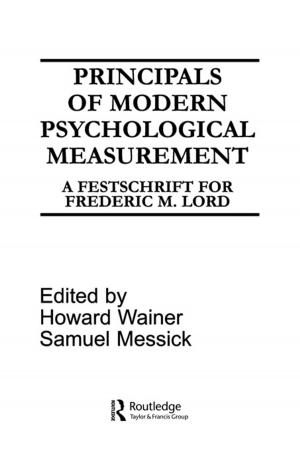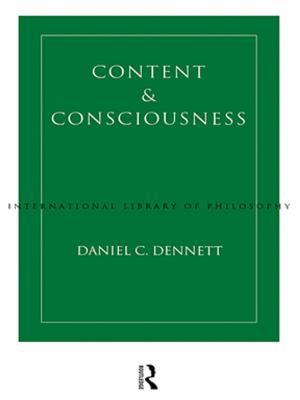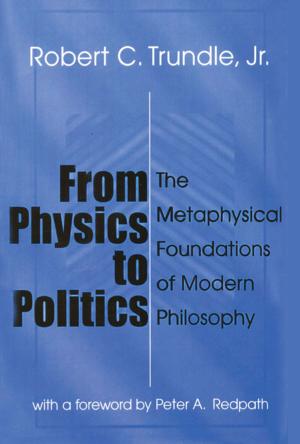The World of Parmenides
Essays on the Presocratic Enlightenment
Nonfiction, Religion & Spirituality, Philosophy| Author: | Karl Sir Popper | ISBN: | 9781136320743 |
| Publisher: | Taylor and Francis | Publication: | May 4, 2012 |
| Imprint: | Routledge | Language: | English |
| Author: | Karl Sir Popper |
| ISBN: | 9781136320743 |
| Publisher: | Taylor and Francis |
| Publication: | May 4, 2012 |
| Imprint: | Routledge |
| Language: | English |
With a new foreword by Scott Austin
'I hope that these essays may illustrate the thesis that all history is or should be the history of problem situations, and that in following this principle we may further our understanding of the Presocratics and other thinkers of the past. The essays also try to show the greatness of the early Greek philosophers, who gave Europe its philosophy, its science, and its humanism.' - Karl Popper, from the preface
The World of Parmenides is a brilliant exploration of the complexity of ancient Greek thought and science by one of the twentieth century’s leading philosophers. It reveals the great importance of Presocratic philosophy to Popper’s thought as a whole and shows the profound enlightenment he experienced reading not only Parmenides but the wider world of Greek science and philosophy including Xenophanes and Heraclitus.
Edited by Arne F. Petersen, Associate Professor in the Faculty of Humanities, University of Copenhagen.
With a new foreword by Scott Austin
'I hope that these essays may illustrate the thesis that all history is or should be the history of problem situations, and that in following this principle we may further our understanding of the Presocratics and other thinkers of the past. The essays also try to show the greatness of the early Greek philosophers, who gave Europe its philosophy, its science, and its humanism.' - Karl Popper, from the preface
The World of Parmenides is a brilliant exploration of the complexity of ancient Greek thought and science by one of the twentieth century’s leading philosophers. It reveals the great importance of Presocratic philosophy to Popper’s thought as a whole and shows the profound enlightenment he experienced reading not only Parmenides but the wider world of Greek science and philosophy including Xenophanes and Heraclitus.
Edited by Arne F. Petersen, Associate Professor in the Faculty of Humanities, University of Copenhagen.















